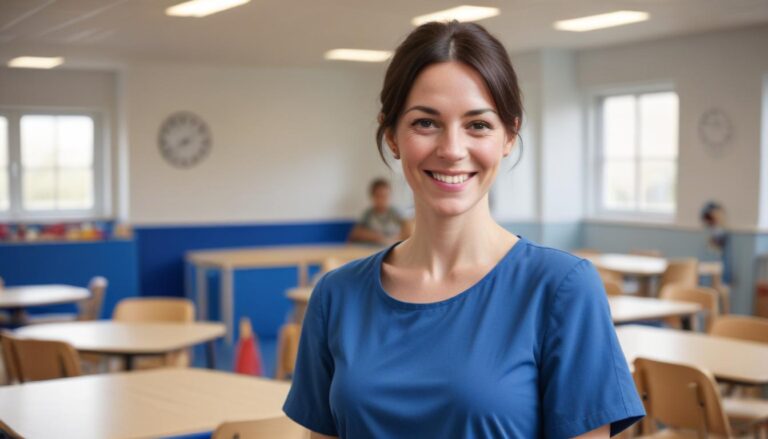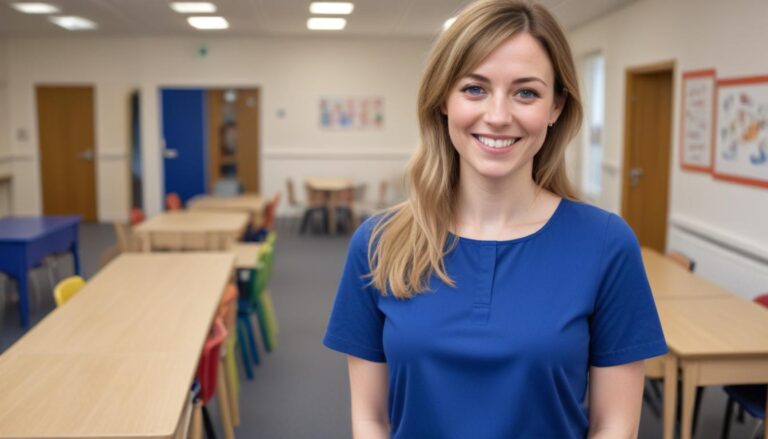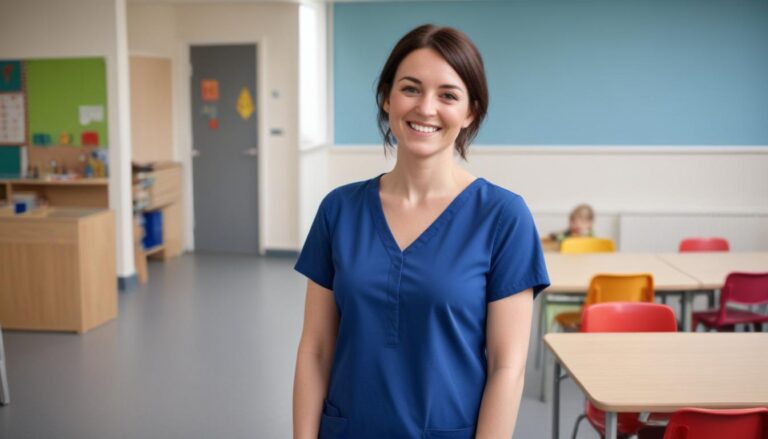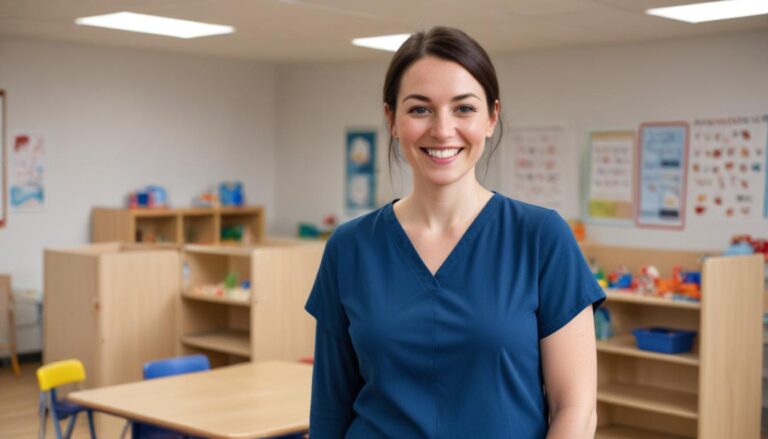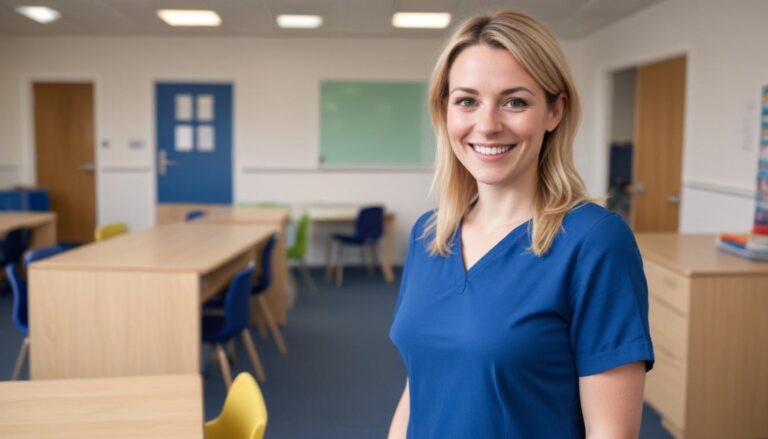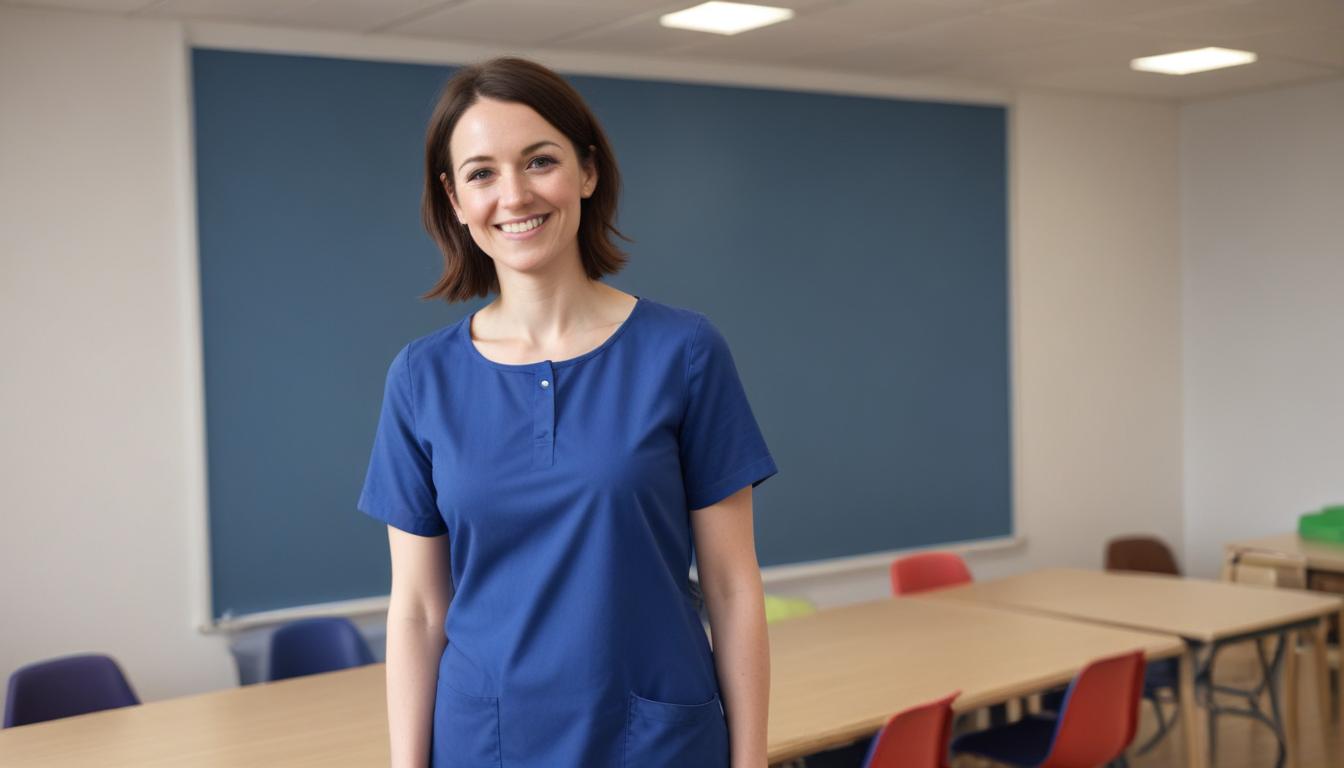
This guide will help you answer 1.2. Describe the recovery model which applies to children and young people with mental health concerns.
Understanding the recovery model for children and young people with mental health concerns requires exploring several components. Recovery in this context looks at a personal journey where individuals work towards living fulfilling lives despite any mental health challenges they may face.
The recovery model emphasises several key principles:
- Hope: Instilling belief that recovery is possible.
- Personal Control: Encouraging children and young people to have a say in their treatment and life choices.
- Individual Journey: Recognising that recovery paths are unique for everyone.
Each principle is integral in assisting young people on their path to mental health recovery.
Hope and Optimism
Hope is a powerful motivator in the recovery process. It involves fostering a sense of optimism in children and young people. Even when challenges feel overwhelming, believing in the possibility of improvement is essential. It’s about focusing on what they can achieve and guiding them to see opportunities amid difficulties.
Parents, carers, and professionals play a significant role in nurturing hope. Offering encouragement and recognising small accomplishments helps maintain a hopeful outlook. This gleam of hope encourages perseverance and resilience.
Personal Control and Choice
Giving children and young people control over their treatment plans is vital. It helps them feel more invested in their recovery process and acknowledges their autonomy. By involving them in decision-making, we validate their feelings and preferences, increasing their engagement.
Personal control can look like:
- Choosing therapies that fit their needs.
- Deciding when and how to share their thoughts and feelings.
- Collaborating on goals that are personally meaningful.
Allowing choice builds confidence and a sense of responsibility, which are crucial for long-term recovery.
Recognising Individual Journeys
Each child or young person’s path to recovery is unique. Just like no two individuals are the same, neither are their experiences with mental health. This means that recovery is not a linear process but rather one that may have setbacks and leaps.
Professionals should tailor support to reflect individual stories and circumstances. Recognising what works for one person may not work for another is essential. Flexible and adaptable approaches often yield the best outcomes.
Family and Social Support
Family and social networks form the backbone of the recovery process. They provide more than just companionship; they offer a safety net of support and understanding. Families and friends can:
- Offer comfort and reassurance during difficult times.
- Encourage participation in social activities.
- Be a source of positivity and motivation.
In practice, this means professionals supporting families to engage in the recovery plan and sometimes even educating them on the best ways to offer assistance.
Self-Identity and Self-Esteem
Exploring self-identity is crucial, particularly during formative years. Positive self-esteem and understanding of identity support mental well-being. Addressing self-worth should form a part of any recovery plan.
Professionals help by:
- Encouraging expression through creative outlets, like art or music.
- Promoting group activities that build confidence.
- Fostering an environment where the individual can succeed.
Strengthening a child’s or young person’s self-identity adds to their resilience, helping them combat negative thoughts and feelings.
Education and Occupational Engagement
Active engagement in education or work plays a significant role in recovery. It provides structure, routine, and a sense of purpose. Supporting children and young people in managing their mental health while participating in school or work is crucial.
Ways to assist include:
- Collaborating with schools to create supportive learning environments.
- Encouraging part-time work or volunteer opportunities.
- Providing resources for balancing mental health and educational needs.
Participation in these activities brings a sense of achievement and belonging, vital for recovery.
Cultural Considerations
Cultural background influences how individuals experience and perceive mental health. Recovery models must respect these perspectives and integrate cultural awareness into care plans.
Professionals should:
- Ensure cultural competence in service delivery.
- Engage with cultural practices that support well-being.
- Be mindful of language, customs, and traditions that may affect treatment.
Acknowledging and incorporating these differences foster more inclusive environments and effective recovery pathways.
Strength-Based Approaches
Looking at what a young person can do, not just their difficulties, forms a strength-based approach. This involves reinforcing positive attributes and capabilities.
To implement this:
- Identify and celebrate achievements.
- Offer challenges that build on existing skills.
- Encourage peer support groups where shared strengths are spotlighted.
Focusing on strengths creates empowerment and enhances self-esteem, both crucial for recovery.
Collaboration with Professionals
Effective recovery involves working with a wide range of professionals. Psychologists, social workers, educators, and health workers contribute to a holistic care plan.
Successful collaboration requires:
- Consistent communication among all parties involved.
- Sharing information and insights for coordinated care.
- Regularly reviewing progress and adapting strategies.
Building strong professional networks ensures comprehensive care and support for the child or young person on their recovery journey.
Incorporating Peer Support
Peer support can be a valuable addition to the recovery process. Sharing experiences with others facing similar challenges reduces isolation.
Key aspects include:
- Establishing peer support groups.
- Highlighting stories of hope and resilience from peers.
- Facilitating mentoring relationships between older and younger individuals.
Through shared experiences and relationships, children and young people often find additional comfort and motivation.
Adapting the Model Over Time
As children and young people grow, their needs and life circumstances change. Regularly reassessing their recovery journey ensures continued relevance and effectiveness.
Adapting involves:
- Reviewing goals and progress periodically.
- Making adjustments to care plans as needed.
- Staying flexible to shifting priorities and challenges.
This ongoing process acknowledges that recovery is an evolving journey and requires sustained attention and effort.
Ensuring Accessibility
For any recovery model to be effective, it needs to be accessible to all children and young people who need it. This could mean reducing wait times, increasing service availability, and addressing any financial barriers.
Strategies to improve accessibility include:
- Leveraging technology for remote support where possible.
- Reducing stigma associated with accessing mental health services.
- Offering education and resources to communities to raise awareness.
Ensuring that help is reachable can make a significant difference in encouraging young people to seek and stick with treatment.
Evaluating Success
Understanding whether a recovery model is working involves looking at various outcomes. Successful recovery does not always mean the absence of symptoms but a manageable and fulfilling life.
Evaluating success can involve:
- Self-reported improvements in mood and quality of life.
- Increased engagement in social and educational activities.
- Strengthened relationships with family and friends.
Assessing these factors helps identify areas of improvement or adjustment, making recovery a sustainable reality.
By focusing on these principles and approaches, the recovery model supports the wellbeing and personal growth of children and young people facing mental health challenges. It helps them navigate toward a future with hope, agency, and resilience.
Subscribe to Newsletter
Get the latest news and updates from Care Learning and be first to know about our free courses when they launch.


